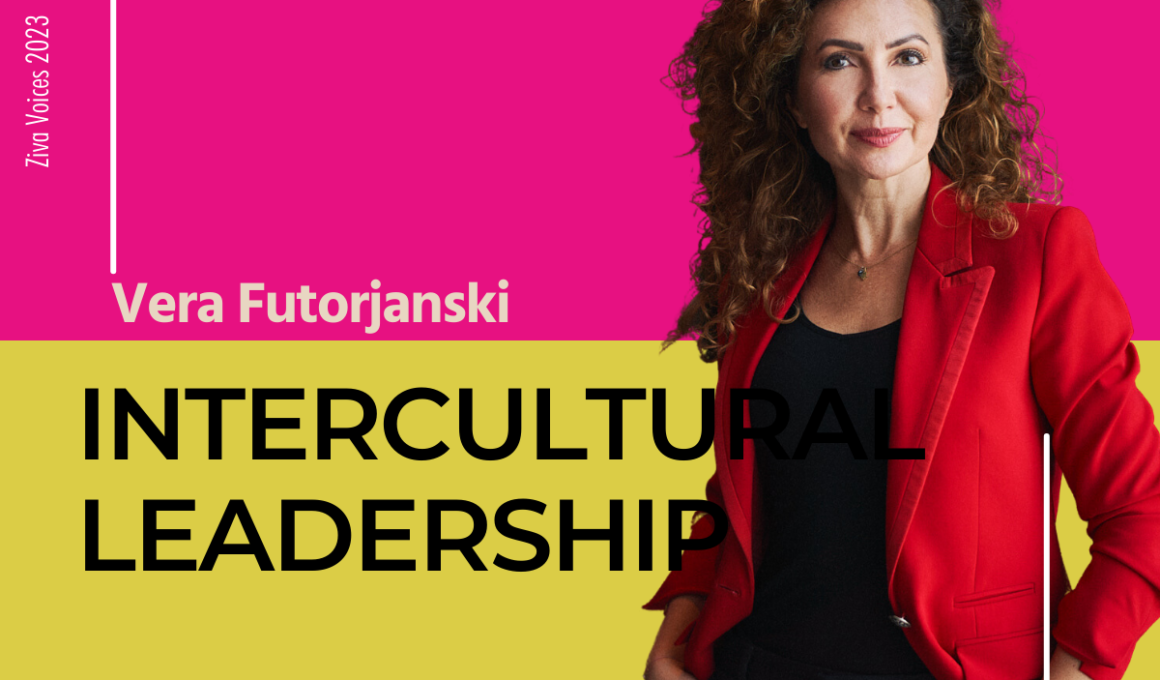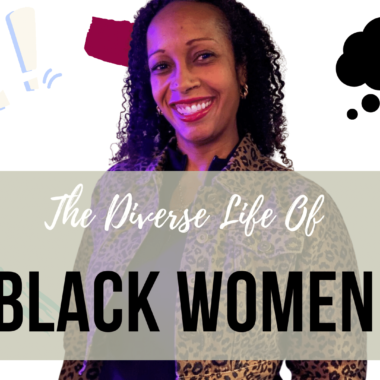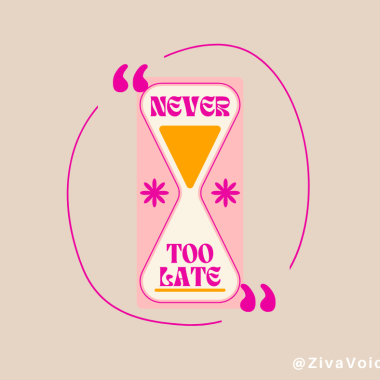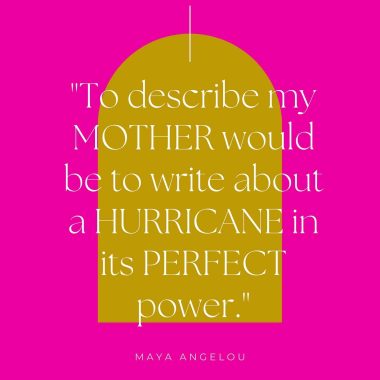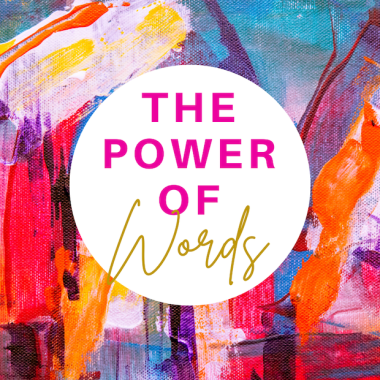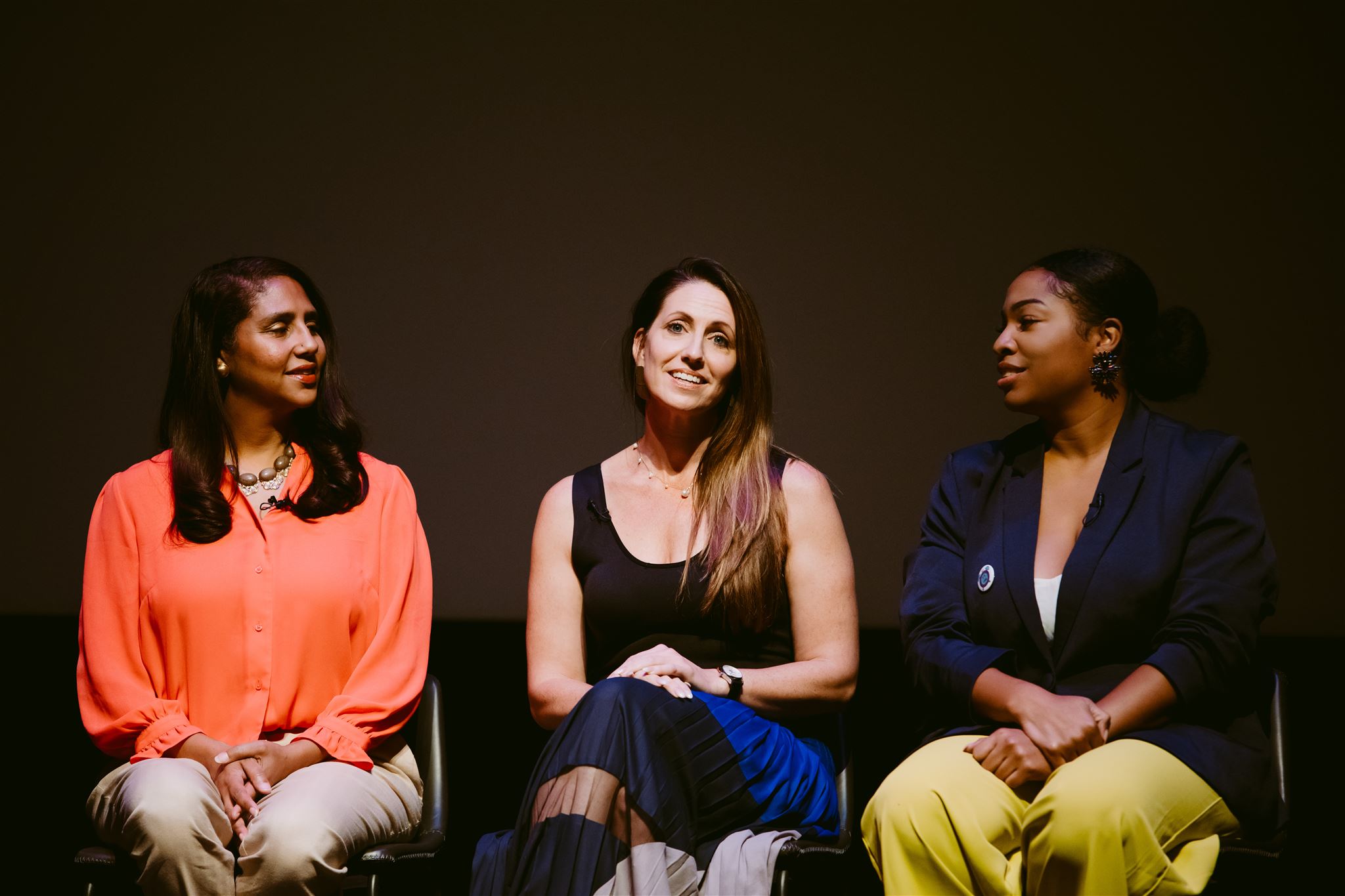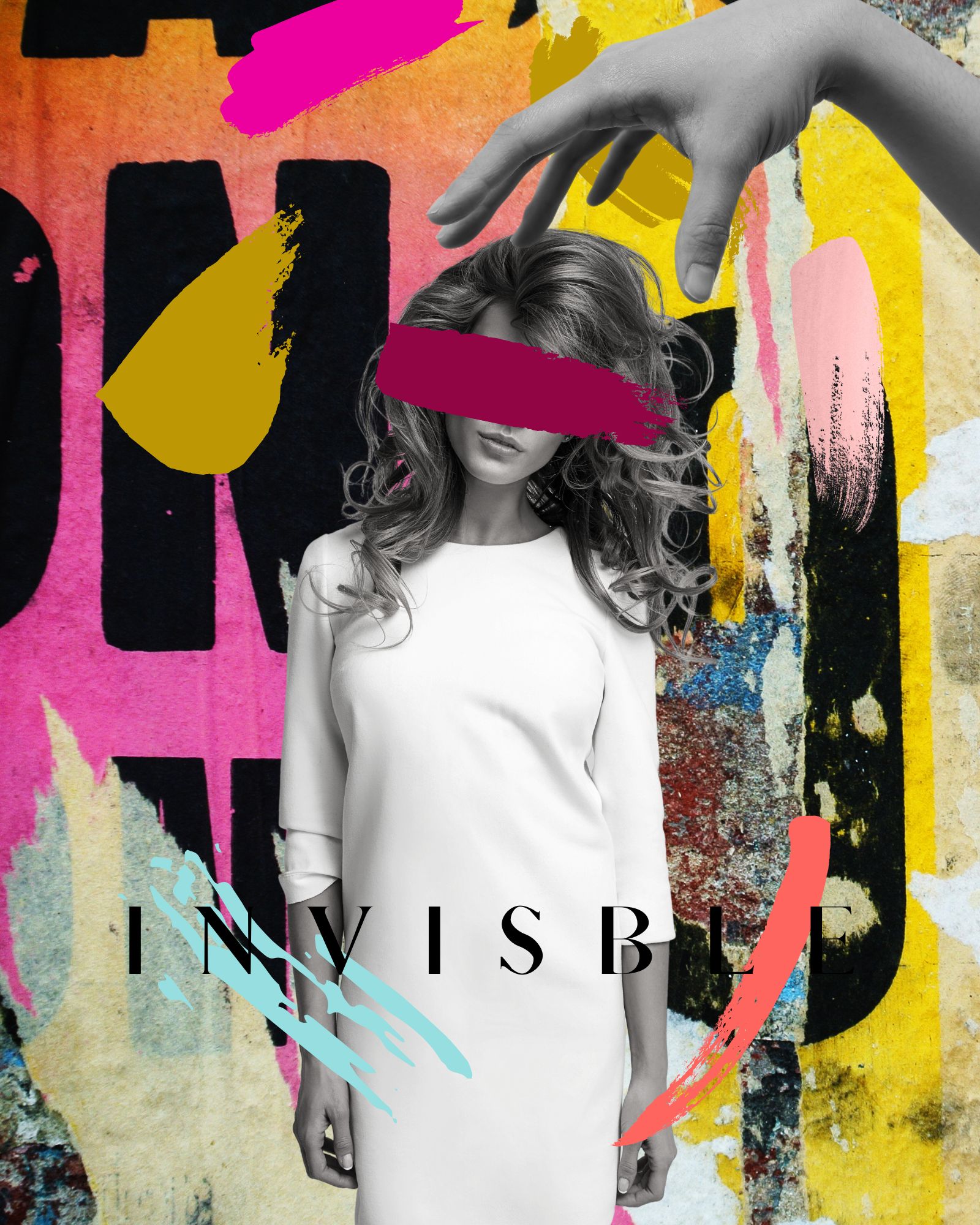By Vera Futorjanski
Table of Contents
I now live in Dubai, United Arab Emirates. I have lived here for nearly eight years. Since moving to Germany as a 12-year-old immigrant child, I have lived in 10 different countries, giving me the ability to navigate through different cultures and religions. I went to high school in Odessa, Texas, and University in Barcelona, Spain, Auckland, New Zealand, and London, UK.
I have worked in Brussels, Belgium, and Guangzhou, China. I have lived and worked in Buenos Aires, Argentina, and Berlin, Germany.
Life has been intense, fast-paced and, more than anything, life has always been diverse.
“Diversity has always been important for me. I believe that being judgment-free and letting go of society’s pre-made perceptions are extremely important for living a full life.”
When I was asked to write an article about intercultural leadership, I reflected on the historical women and men that I look up to as leaders. RBG (Ruth Bader Ginsburg) and Maya Angelou were some of the first to come to mind, as did several other influential figures. However, after a few moments, I realized that the most significant role models and leaders in my life have always been my grandmothers. For the sake of this article, I will focus on only one of my grandmothers- the one I saw last weekend and had a conversation with about her upbringing in rural Kazakhstan, a town on the border with Uzbekistan. We spoke about the various nationalities and ethnicities that co-existed in Kazakhstan – Russian, Ukrainian, Korean, Polish, Greek, German, and many others all lived next to each other peacefully. Focusing on otherness was not their priority. Learning from and accepting one another was what these groups found foundational to their existence.
In my travels around the globe, my willingness to engage with and understand other cultures has been instrumental in my journey- allowing me much richer experiences and more moments of joy.
My conversation with my grandmother got me thinking- How can we use the philosophy of these people to become better leaders?
Tangible tip 1: We could actively seek otherness in order to put ourselves in a position where we learn and actively listen to learn, not to answer or hear ourselves speak. We need open minds, open ears, and open hearts.
I love exploring new cultures and learning about their unique traditions. I remember my first visit to Saudi Arabia. It was initially scary traveling alone because shortly before my trip, women weren’t allowed to enter Saudi Arabia without a male companion, but I went anyway. And I had a wonderful time visiting with my Saudi friends, whom I had known for years through my studies in the UK. I remember soaking up all the new information about Saudi and how excited I was to meet Saudi women. Every Saudi woman I had met was a powerful and emancipated woman, which was vastly different from the cliches I had heard around the world. My exposure to these women has influenced me and formed me as a leader and human being. Although their culture originally felt distant, I was eager to learn and welcomed their differences, and because of that, we found common ground, and I was opened up to new ways of thinking. Without or without travel opportunities, I hope you will seek ways to learn about women from different cultures. We can all only gain from that.
The advantages of being open to new people and experiences far outweigh the anxiety surrounding them, even if it gets complicated. As Adam Grant put it – “good arguments help us recognize complexity where we once saw simplicity”. The ultimate purpose of a debate is not to produce consensus; it’s to promote critical thinking. Hence the highest compliment from someone who disagrees with you is “you made me think,” as per Grant, and I couldn’t agree with him more!
So, say yes, to thinking differently. Yes, to changing perspectives. Yes, to actively seek otherness. Yes, to relating to people.
Tangible tip 2: Say yes to things that scare you and learn on the go. Do not be afraid to start over.
Humans are creatures of habits; routines give us a feeling of security and stability. Breaking out from our patterns can be scary, but it is essential for evolving as a leader. One of the most critical elements of leadership is not being afraid to start over completely. If you find a sector that interests you, even if it’s completely new, don’t be afraid to dedicate time to mastering it. I have done this a few times, and I recommend it to everyone.
This is also something I learned from my grandmother, who, after we immigrated to Germany, let go of all she did previously in the city where we lived. Previously, she had worked in a very high-level Government job with a personal driver. When we moved to the Germany, she was not afraid to put it all aside, let go of her ego and take on an entirely new job working in an elderly home. This story shaped a fundamental part of myself. The feeling of trusting in myself and working up the confidence to leap into something new has pushed me to accept jobs and projects that seemed very scary.
However, if you always avoid things that scare you, how can you expect to grow? I live by a quote Eric Schmidt gave Sheryl Sandberg in 2001 when he was Google’s CEO: “If you’re offered a seat on a rocket ship, you don’t ask what seat. You just get on.”
Tangible tip 3: Actively create opportunities for and connect with groups of diverse people with contrasting views and perspectives on life. Such encounters lead to intercultural leadership. And intercultural leadership leads to a better IQ- or as I call it, Intercultural Quotient.
It is essential to know and remember that the opposite of stability is not instability. The opposite of stability is emergence; it’s evolution, it’s growth. We can all be natural leaders; we just need to trust our intuition. Take that leap. You have everything to win. Go Beyond.
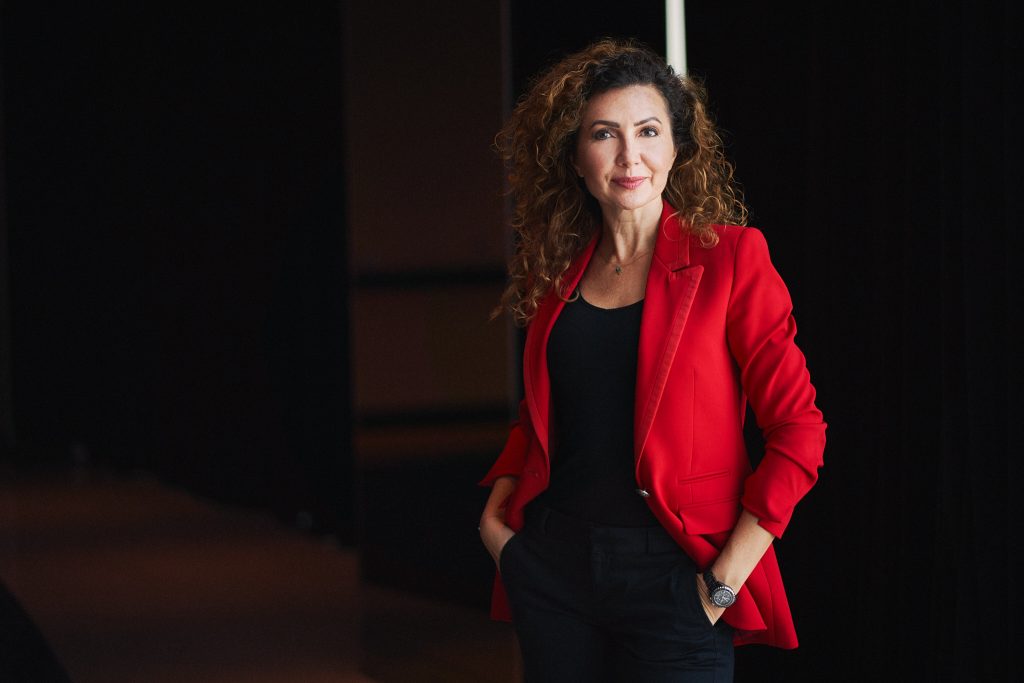
Vera Futorjanski is the CEO & Founder of Veritas Ventures. She has been in the tech ecosystem for almost a decade, first as a founder for Rocket Internet, one of Germany’s largest VC and venture builder, then as an ecosystem builder as part of the founding team for the Dubai Future Accelerator and part of Dubai Future Foundation, the innovation arm of Dubai Government. And then as VC as Director of Innovation for 500Global in charge of the Middle East, with focus on Saudi Arabia. Prior to going into the tech world, Vera worked in the EU and studied political science at the LSE. She is part of the Expert Group on Digital Platforms and Ecosystems for the World Economic Forum, an Innovation Expert at the UN, and a Responsible Leader at the BMW Foundation. Vera is a Venture Partner with the Founder Institute and their GCC Advisor. She sits on the advisory board of the IBM Village Capital accelerator and is a mentor with Techstars, Respond, e7, and many other global accelerators and incubators.
